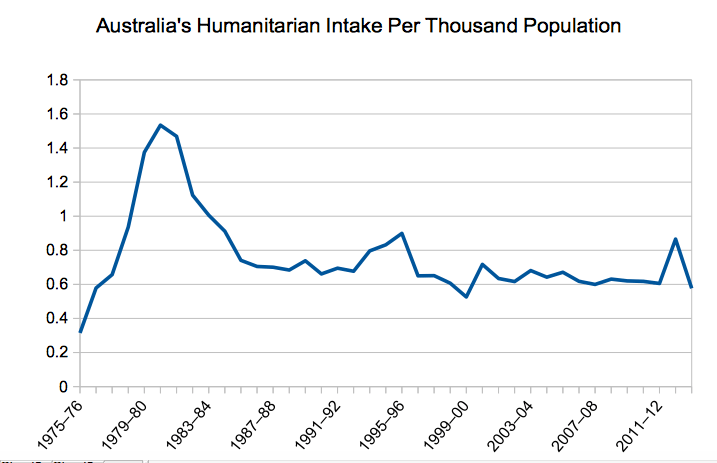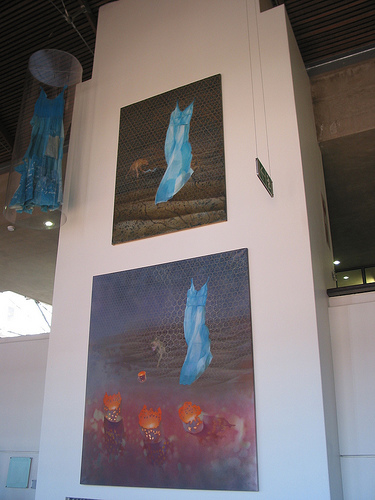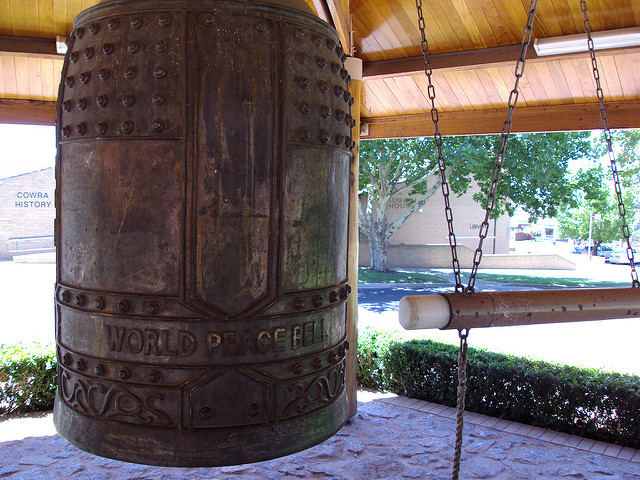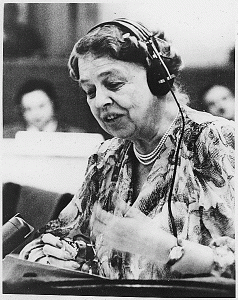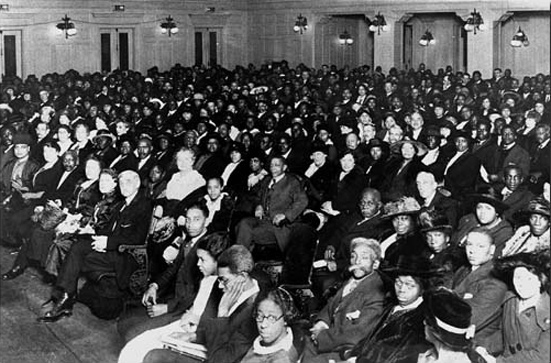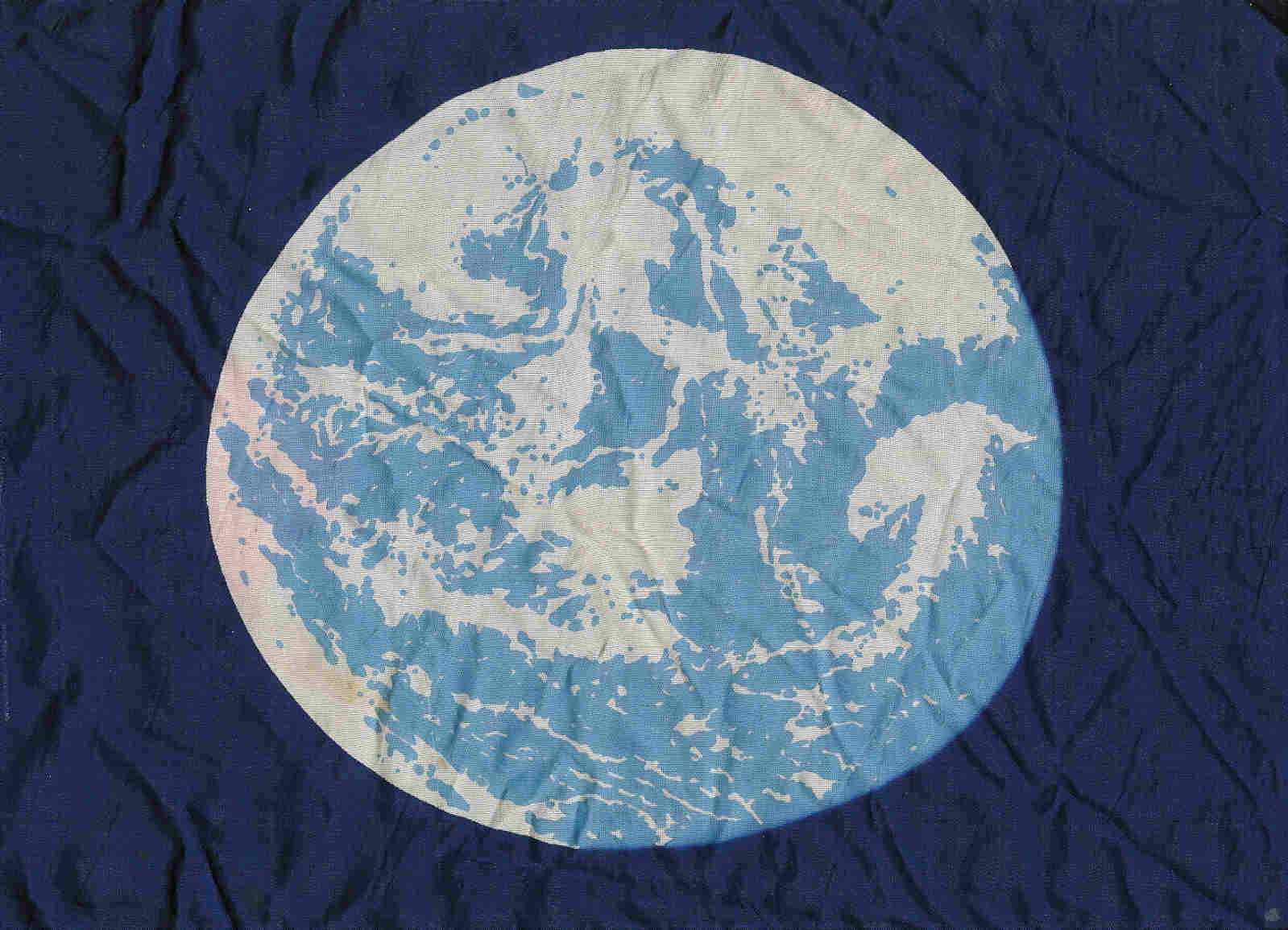-
More than one thousand deaths since 2000
On 15 December 2010, 50 people are believed to have drowned when their asylum seeker boat was smashed, only metres from safety, on the shores of Christmas Island. Some of the bodies of those who died will never be recovered. In protests by asylum seekers that followed, children held in detention are seen holding up placards asking: “The children died. Why?” [1] Yet the children and adults that died on 15 December are (horrifically) only a small fraction of deaths associated with “border security”. Sometime in 2010, the known number of deaths associated with Australia’s border controls passed 1000. This number in turn is only a small fraction of the known global toll associated with similar border security policies which are playing out on borders…
-
Villawood Detention Centre: Death of David Saunders – third Death in Three Months
Villawood Detention Centre continues to be a place of death with the third death of a detained man in three months. David Saunders, a 29 year old British national held for “visa breaches” was found dead at 3.20 am in the morning on 8 September. Mr Saunders was held in the high security wing and is reported to have been wanted in Britain on criminal charges. The cause of his death is not immediately known, although refugee advocates say he committed suicide. Media report that the man “did not arrive by boat”. Presumably he arrived by plane (there being no other way of arriving in Australia). Why the mode of his arrival is considered…
-
Ahmad Al Akabi: Another asylum seeker death in Villawood
Ahmad Al-Akabi, aged 41, had a wife and was a father of three girls aged two, four and seven. He had come to Australia and had hoped to eventually bring his family with him. He arrived by boat. He was from Iraq. He is reported to have been in detention for over a year: first in Christmas Island and then in Villawood (a security facility surrounded by razor wire in Sydney). He had fled Iraq after being attacked by religious militias.[1] It is said that his two applications for asylum were rejected. It is also reported that he had begged immigration authorities to be allowed to go home. His deportation request was confirmed…
-
Book Review: The Strange Alchemy of Law and Life by Justice Albie Sachs
The victims and perpetrators of human rights abuses whisper from the pages of this short book. They speak to us of their struggle to realize their own humanity and recognize the humanity of each other. For a judge The Strange Alchemy of Law and Life is an unusual book. But then Albie Sachs is an unusual judge. A member of the African National Congress and a legal adviser to it when it was still a revolutionary movement, Albie Sach’s life moves from barely surviving a state sponsored terrorist bombing, to which he lost an arm and an eye, to sitting on the Constitutional Court of South Africa. It is the kind of life that prompts reflection,…
-
“Crossing Over” – Harrison Ford interpreta al agente del ICE
Crossing Over “es un drama de 2009 independiente de cine estadounidense que explorar la vida de los inmigrantes ilegales que intentan” cruzar la frontera “, literal y metafóricamente para obtener un estatus legal en los Estados Unidos. La película trata de la frontera, la falsificación de documentos, el asilo y el proceso de la tarjeta verde, la aplicación de trabajo, la naturalización, la oficina de lucha contra el terrorismo y el choque de culturas. La película enfatiza los efectos deshumanizantes de los controles fronterizos en ambos aquellos que tratan de cruzar la frontera y los que participan en el contrabando humano. También se explora el cruce de fronteras culturales y…
-
Ocho millones de niños menores de cinco años mueren cada año por causas en gran medida prevenibles. Un billón de personas viven en extrema pobreza. Miles de personas que huyen de la guerra de la pobreza o la persecución mueren cruzando fronteras internacionales. Los países ricos continuamente fortaleciendo las leyes y medidas para impedir que la gente no cruzen esus fronteras. Cientos de miles de refugiados terminan viviendo en “campos” de refugiados como si fueran delincuentes. 67 millones de personas viven como refugiados o personas desplazadas como consecuencia de la persecución, guerra, la pobreza o por otras causas. Creyendo que los seres humanos son “extranjeros” es la causa para que sus…
-
Abolir étrangeté
Huit millions d’enfants sous l’âge de cinq meurent chaque année de causes en grande partie évitables. Dans certains pays 20 % d’enfants meurent avant qu’ils atteignent l’âge de cinq ans. Des milliers de personnes fuyant la guerre, de la pauvreté ou de persécution meurent franchissent les frontières internationales. Les pays riches renforcent continuellement des lois et mesures pour empêcher les gens de passage de leurs frontières. Des centaines de milliers sont détenus dans des prisons de migration «camps» comme s’ils étaient des criminels. 67 millions de personnes vivent comme réfugiés ou de personnes déplacées à la suite de persécution, de guerre, de la pauvreté ou d’autres causes. Un milliard de personnes…
-
Abolire Estraneità
Otto milioni di bambini sotto l’età di cinque muoiono ogni anno in gran parte per cause prevenibili. In alcuni paesi il 20% dei bambini muore prima di raggiungere i cinque anni. Migliaia di persone in fuga da guerre, persecuzioni o povertà muoiono attraversando le frontiere internazionali. Paesi ricchi continuamente rafforzano leggi e misure per prevenire che le persone attraversano le frontiere. Centinaia di migliaia sono detenuti nelle carceri di migrazione – come se fossero dei criminali. 67 milioni di persone vivono come rifugiati o sfollati interni a causa della persecuzione, guerra, povertà o altre cause. Un miliardo di persone vivono in estrema povertà. Credere che gli esseri umani sono “stranieri” rende tale profonda violazione dei…
-
The Crisis of Human Rights: Discrimination Against Non-Citizens
The basic idea at the heart of human rights is that all human beings are equal: equal in rights – equal in human dignity. This idea is universally accepted and believed. At the same time another idea – the idea that we are separately citizens of different countries is also a feature of the modern world – and the way it is practised has led to enormous discrimination and violation of human rights. In reality people, as a matter of law, have different fundamental rights even though we believe that all human beings are equal. In a recent paper titled “Human Rights in the Age of Migration: An Empirical Analysis of Human…




